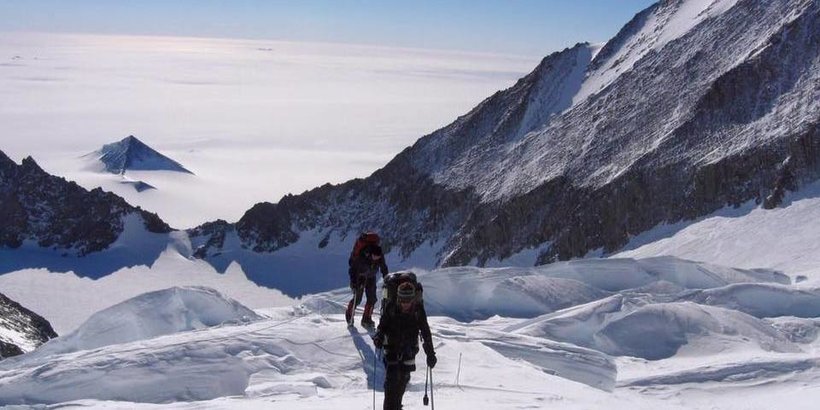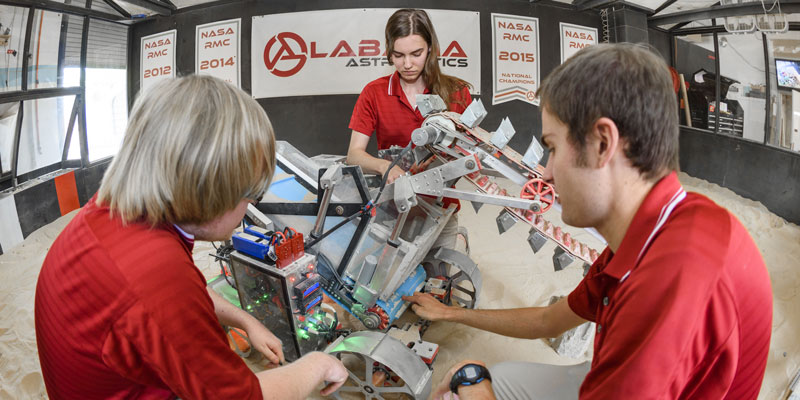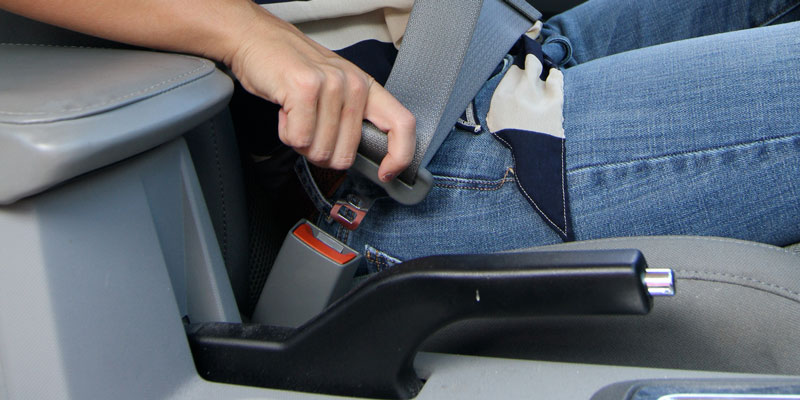
An Alabama native’s four-year long attempt to conquer the world’s highest mountain nearly killed him, but the journey ultimately saved his life and gave him a new perspective on the world.
For Kent Stewart, Everest has been his white whale. Stewart has climbed the highest mountain on six continents, including Mount Kilimanjaro in Africa and Mount McKinley in the U.S. To complete the “Seven Summit” challenge, all he needed to do was climb the world’s highest mountain, Everest.
Most of the year, Stewart is the CEO of Reli Title, a Birmingham-based company that operates throughout Alabama and parts of Tennessee and Florida. The 59-year-old University of Alabama alum started climbing in 2006 with his wife, who climbed five of the six summits with him.
Stewart’s first attempt to conquer Everest was in 2013. Despite climbing six other mountains and studying every book he could find on Everest, the mountain proved to be too much, both physically and mentally. He learned how to train himself for the climb. He started sleeping in a specialized tent that simulates the high altitudes of the mountain to acclimate his body. He trained three to five hours a day.
He was ready to try again in 2014, but in April an avalanche in the area killed 16 people and many of the Sherpas, or guides, went on strike. Stewart wouldn’t be climbing Everest that year.
In 2015, Stewart made it back to the mountain and had already begun climbing some smaller peaks to get acclimated. Then another earthquake struck Nepal and killed more than 8,000 people, including 22 at the Everest base camp. Stewart had to cancel his trip yet again, but in the aftermath of the earthquake, he and his wife set up the Seven Summits Foundation and raised $87,000 to rebuild parts of Nepal.
“I’ve kind of gotten myself in a bind by being successful with the other six,” Stewart said after his third attempt. “If I’d failed on those, it would have been a lot easier to let this go. It’s like trying to run a marathon and running 23 miles. It’s just something that I’ve come so far that I just want to complete it.”
Stewart hoped the fourth time would be the charm. He trained longer and harder in 2016 than he had for any of his three previous attempts. He landed on the mountain and started to acclimate himself and train, but something was different this time. Despite all his training, he ran out of energy quickly, and exercises that had been almost second nature before started to feel difficult.
Stewart and his guide, Brent Bishop, decided to hike up to a smaller peak to get him acclimated to higher altitudes and see if that would help. Before they left, Stewart decided to get checked out by the emergency medical tent just to be safe. That one decision probably saved his life.
Stewart was diagnosed with High Altitude Pulmonary Edema (HAPE), a condition that results in the lungs filling with fluid. HAPE can strike at random and is the number one killer of high altitude climbers. The only response was to immediately fly Stewart to a hospital in a lower altitude. At a hospital in Kathmandu, he was pumped with fluids and the doctors saw enough evidence to convince Stewart not to return to Everest. Instead, he needed to return home to receive further tests.
Kent Stewart will probably never attempt to summit Mount Everest again. After he returned to Birmingham, he wrote a complete account of his journey on his website. While he will always have that disappointment with him, he has taken pride in what he has accomplished and how far he learned to push himself.
I used to think that I could never be satisfied if I didn’t eventually stand on top of the world. I made the mistake of connecting my self-worth to the summits of these great peaks and was slow to realize that, in the end, it is the journey that really matters. While I am proud that I have been able to summit the highest mountain on six continents what I am most proud of is the fact that I have pushed myself to the absolute limit of my potential preparing for these Everest climbs.
In my heart, I know that I pushed myself to my absolute limit and while illnesses, avalanches and earthquakes converged to end my dream, I never quit. Maybe that’s the answer I was seeking all along.












